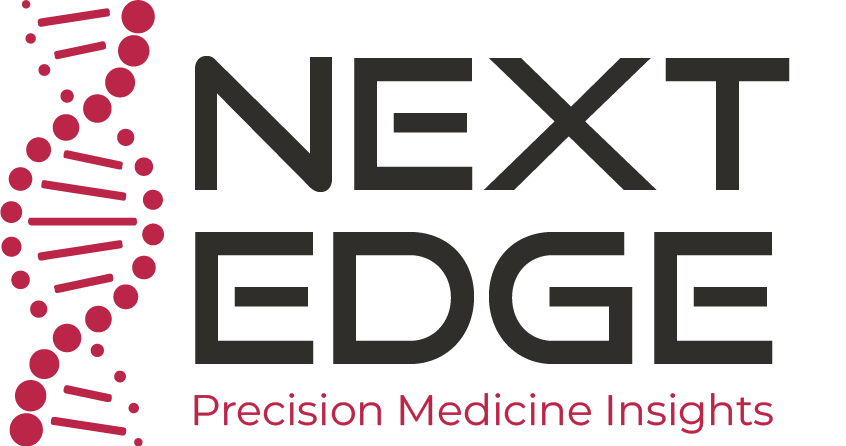June 17, 2021
Israel’s OncoHost, UK’s NHS to study cancer patient responses to immunotherapies
.png)
Original source here.
Startup’s blood test aims to predict which cancer patients will react better to treatment; 8 clinical trials will be set up in the UK
Israel-based startup OncoHost, the developer of a blood test to predict how well cancer patients will react to treatment, said it will collaborate with the National Health Service (NHS) to set up eight clinical trial sites in the United Kingdom.
The trials will focus on patients diagnosed with advanced stages of melanoma or non-small cell lung cancer (NSCLC), aiming to predict their response to immunotherapy treatment. Partnering with the NHS will give the OncoHost “a tremendous opportunity” to expand its research and enhance its technology’s capabilities, the company said.
The new trial sites will join OncoHost’s ongoing study, which uses the company’s host response profiling platform, called PROphet.
“Immunotherapy has achieved excellent results in certain situations for several cancers, allowing patients to achieve longer control of their cancer with maintained quality of life and longer survival,” said Dr. David Farrugia, consultant medical oncologist at NHS and chief investigator of all eight NHS clinical trial sites. “However, success with immunotherapy is not guaranteed in every patient, so this PROPHETIC study is seeking to identify changes in proteins circulating in the blood which may help doctors to choose the best treatment for each patient.”
PROphet is a diagnostic platform that combines a large-scale study of proteins with AI to predict patient response to immunotherapy and identify resistance to processes. The platform scans over 1,000 proteins in a patient’s blood samples, and combined with bioinformatic and machine learning-based algorithms developed by OncoHost, analyzes protein changes in the blood samples to monitor the biological processes happening in the patient, in response to a certain cancer therapy. This profile is then “highly predictive” of how patients will react, thus enabling personalized treatment planning, the company said. This helps provide clinicians with potential combination strategies to overcome treatment resistance.
Previous studies conducted in the US and Israel have shown that PROphet has “high accuracy” in predicting how patients with NSCLC and melanoma will respond to various therapies, the company said in a statement.
“In recent years, it has become increasingly apparent that immunotherapy is not a ‘one-size-fits-all’ solution. At OncoHost, we leverage cutting-edge proteomic and AI-based host response science, aiming to deliver on the most pressing issue in oncology today – resistance to cancer treatment,” said Dr. Ofer Sharon, CEO of OncoHost. “Our PROPHETIC study provides a more in-depth understanding of patients’ responsiveness to therapy and partnering with the NHS will give us a tremendous opportunity to expand our research, enhance our technology’s capabilities and increase our knowledge in the field to provide the ultimate solution for oncologists and physicians.”
This collaboration comes ahead of the launch of the PROphet software later this year, the company said. OncoHost continues to open additional clinical trial sites around the world and will be expanding its research to other cancers including ovarian cancer, head and neck cancers and urogenital cancers, hoping to enable an early identification of non-responsiveness to cancer treatment and the discovery of new targets to overcome treatment resistance.





